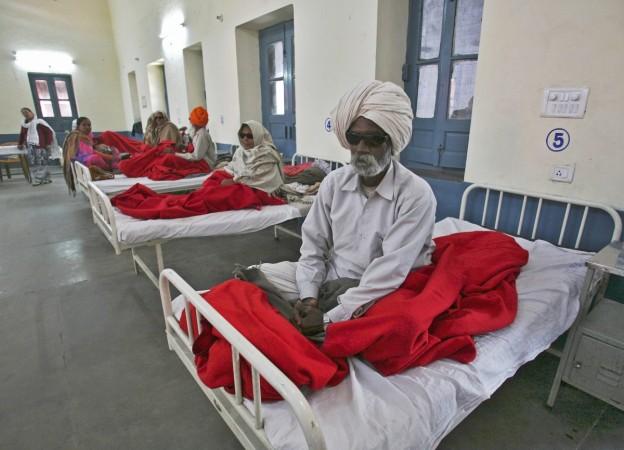
India launched a survey, "The Longitudinal Ageing Study in India" (LASI), Tuesday to assess the needs of its elderly people and frame policies accordingly. The survey will take into account study on 60,000 elderly people, according to a statement by the union health ministry.
"This is the largest survey of its kind, which will provide scientifically validated data on various issues of the elderly," BP Sharma, secretary, health ministry, said.
The ministry said India does not have sufficient data on its older population. The LASI would aim to develop a scientific data needed for their health, economic and social analysis.
The project will be jointly funded by the India's health ministry, the United Nation's Population Fund-India and the United States National Institute on Ageing. The LASI survey would be undertaken by the International Institute for Population Sciences (IIPS), Mumbai, in collaboration with Harvard School of Public Health (HSPH) and University of Southern California (USC), U.S.
India is expected to witness a rapid increase in its elderly population. The population of people above the age of 75 years is likely to increase by 340 percent between 2011-2050, according to the health ministry. The number of people above the age of 60 years is projected to be 340 million by 2050. According to the 2011 census, India's elderly population (above the age of 60 years) accounted for 8.6 percent of its total population.
An increase in the life expectancy has also led to the rapid increase in the elderly population. Currently, India's life expectancy is 68 years and is likely to increase to 76 years by 2050.
"The study will provide valuable data on their health needs, and issues faced by them given the changing social structures, and help us to draw policy tools to address their issues," Sharma said. He said the Health Protection Scheme announced in the budget has an allocation of Rs 30,000 for the elderly people.

















